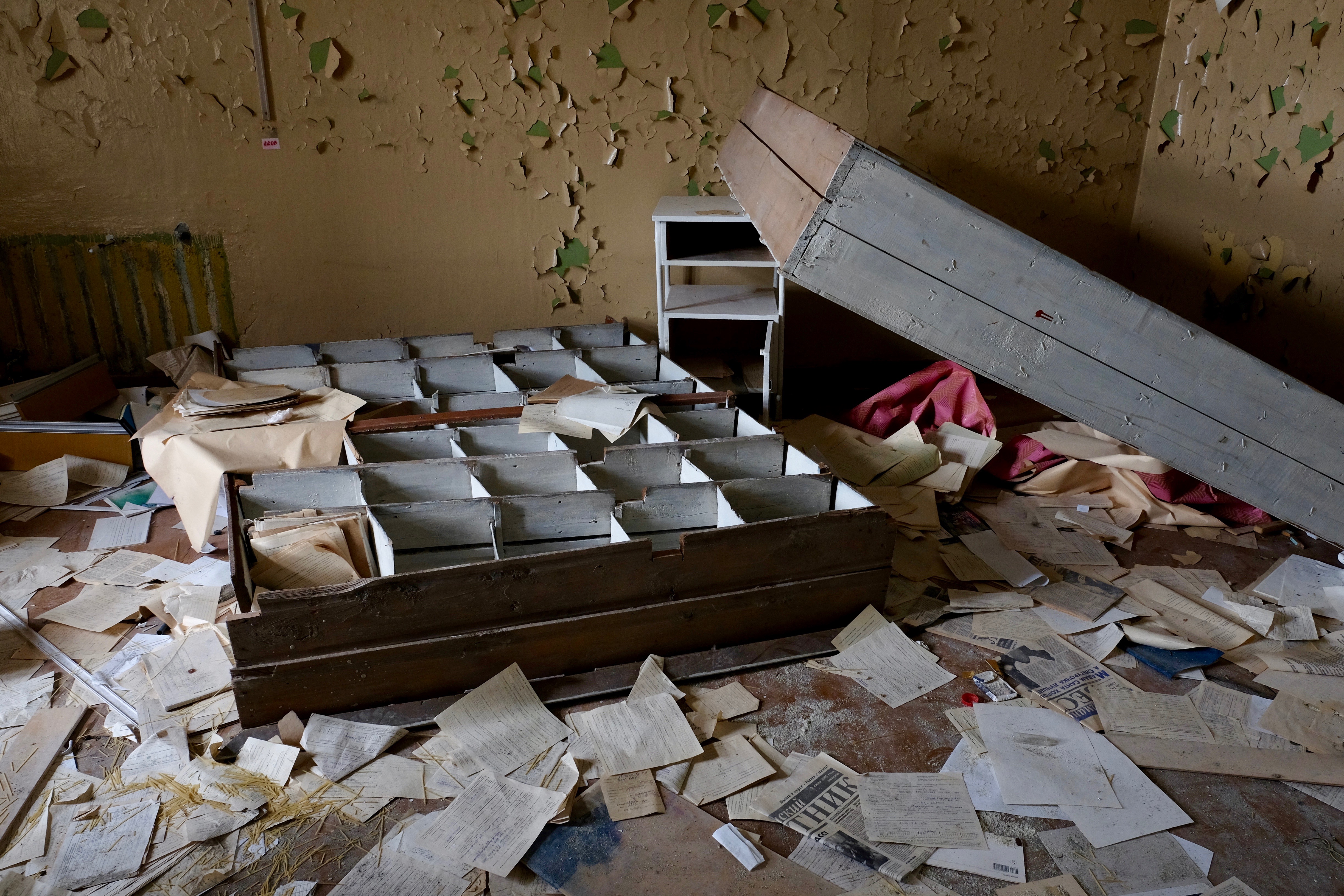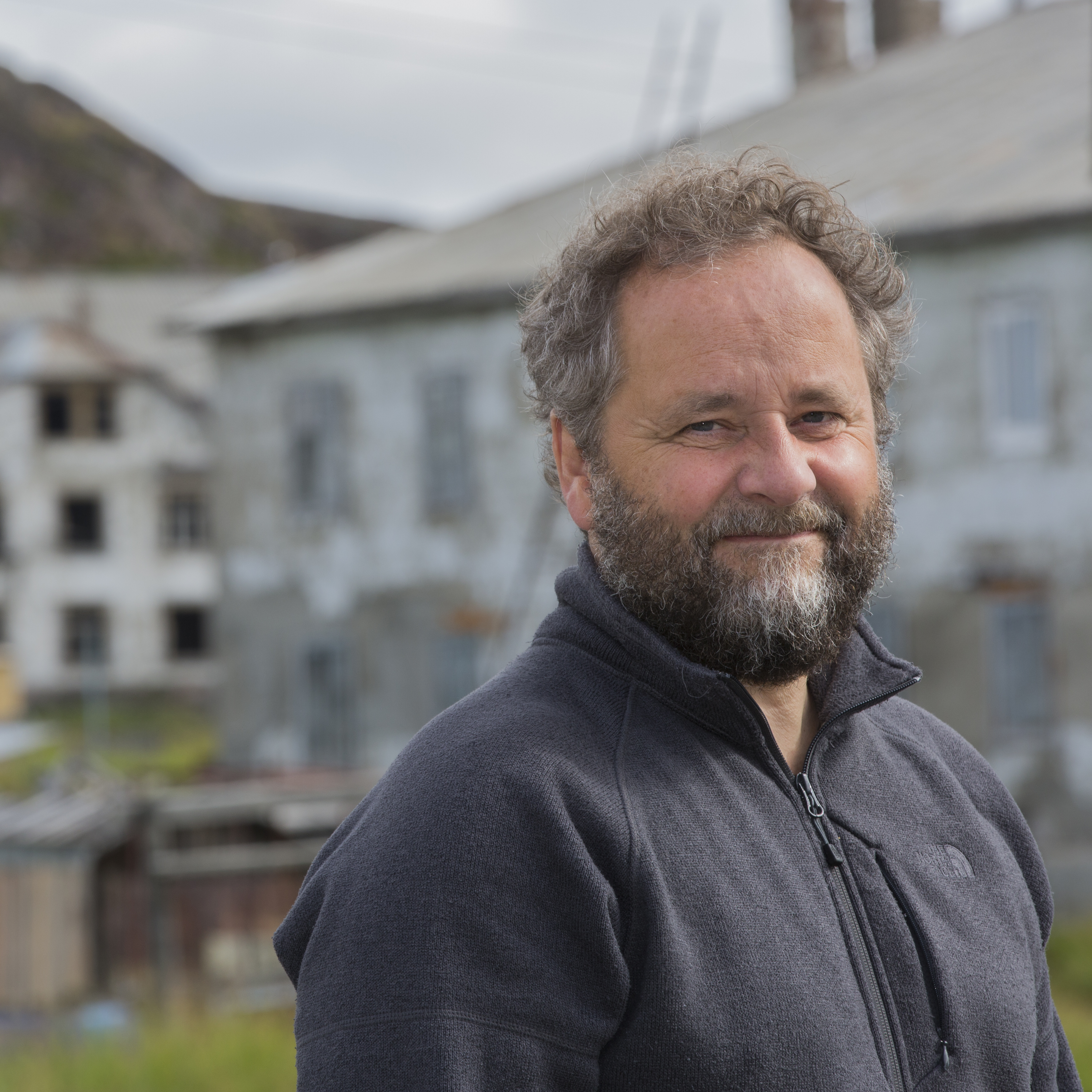Alumni Spotlight: Bjørnar Julius Olsen

This interview was also published in our newsletter. Sign up here
‘It is the enduring and direct scholarly interfaces that makes CAS unique’, Bjørnar Julius Olsen says. He warns future CAS fellows not to shut their doors to write those articles or that book that there never was time to complete.

He knows what he’s talking about. Back in 2016/17, Olsen was the project leader of the CAS project After Discourse: Things, Archaeology, and Heritage in the 21st Century. ‘Things are back’, he said then. His materialistic focus doesn’t seem to have shifted since.
We talked with the passionate archaeologist about his time at CAS and his latest book, After Discourse: Things, Affects, Ethics, due to be published in December. The book is a product of the CAS project, and is edited by Olsen and three other project members; Þóra Pétursdóttir, Mats Burström, and Caitlin DeSilvey.
- Read also: Skal vi ta vare på stygge kulturminner? (in Norwegian)
- Read also: We are not in control of the afterlife of things
Your new book that comes out next month is a product of your CAS project. Could you briefly tell us about it?
'Let me start by explaining something about the name, After Discourse, and the background to our CAS project and the book.
One notable change in the humanities and social sciences during the last couple of decades has been the trend away from previously hegemonic linguistic and textual approaches.
In the wake of this developed a new curiosity and concern for things and materiality, often referred to as the “turn to things”. Somewhat paradoxically, this material in turn became realised mostly as a theoretical turn led by philosophers and theoretically minded scholars in the social sciences.
One aim of our CAS project was to help advance a more empirically grounded awareness of objects by bringing the new “thing theories” into a dialogue with the material knowledge and skill held in traditionally thing-oriented disciplines such as archaeology.
This new anthology gathers contributions to this exchange and is written by CAS fellows and other scholars invited to our workshops and lecture series. Consisting of a fair blend of theoretical and empirical studies, the book also presents novel studies of how things may help illuminate that which fall outside, become othered, or simply cannot be grasped through perspectives derived solely from language and discourse.'
Why are you so interested in things?
'Well, as an archaeologist you have little choice!
But more seriously, to study things was long associated with boring and outdated approaches surviving in dusty museum spaces and which only could be credited scholarly value in cases where written or oral accounts were lacking. What has been a very important development during the last decades has been the efforts within archaeology and other disciplines to show how studies of modern things enable significant new understandings of, and perspectives on, our own societies. As we become more and more dependent on and immersed in things, the value of such an archaeology of the recent and contemporary past has become increasingly more evident.
There is, moreover, something incredibly fascinating and alluring about things and their capacity to affect and surprise us. Holding an archaeological artefact in your hand, disregarding whether it is 70 or 7000 years old, is a very peculiar experience. And I think what contributes to this is that you are actually in touch with something that at the same time is both past and present.
I have become increasingly fascinated by this material bridging and suspension; how things uphold the past, slow down time and, thus, so to speak, object to the pace of history.'
You edited this volume with three other scholars who participated in your CAS project: Mats Burström, Caitlin DeSilvey, and Þóra Pétursdóttir. How would you best describe your CAS year?
'The co-residential program at CAS offers fantastic possibilities to actually work together in a truly collegial and productive way. Rather than being a centre where selected individual scholars work and meet, which often is the centre model internationally, the group concept makes CAS unique and very much enhances the outcome. While conventional research funding of course is essential for research projects and thus for conducting research, it rarely, if ever, supports possibilities for enduring face-to-face interaction among their often geographically dispersed team members. CAS offers precisely this possibility.
Moreover, having the freedom to select your own team adds to this, and the funding provided for workshops and seminars, and thus to bring in excellent scholars for these events, is also a big asset. I will also emphasize the more lasting impacts in terms of new friendships and networks. During our year at CAS, a number of outside scholars visited our project for seminars, lectures, and workshops, and the contacts established with them have offered new possibilities for research and collaboration.
Today some of these scholars as well as several of the CAS fellows are members of my new research project, Unruly Heritage: An Archaeology of the Anthropocene, funded by the Norwegian Research Council’s Toppforsk program.'
You write that this book ‘offers a range of reflections on what things are, how we become affected by them, and the ethical concerns they give rise to.' Could you give some examples?
'The reflections on “what things are” relate in this context to how their mode of being impinges on what can be known and said about them. For example, we often don’t notice or reflect much on a perfectly working object; it somehow disappears in its network of use and we are mostly left with its usefulness. Encountering the same object in a redundant or ruining state, however, is likely to remove that filter and enable us to see previously hidden or unnoticed aspects of it. Just think about the difference between entering a populated and well-functioning building versus an abandoned one. This further relates to how things are experienced or sensed, which is much more than an intellectually controlled process of interpretation. Things’ presence involuntarily and ineffably affects us in various ways, and influences how we comprehend and sense the world. This may include experiences that defy meaning in the conventional sense because they are prior to, and perhaps independent of, our interpretations – and thus cannot easily be translated into meaningful analytical statements.
The ethical concerns things give rise to may be framed as being about what things ask of us; for example, how they draw us into relations of care, as seen in the context of heritage. However, what we have been particularly concerned with is the often unruly “afterlives” of things and how this may challenge how we think about issues such as care and responsibility. When they become redundant, myriad things escape our management and programs for them, and are often transformed into monstrous and hybrid beings. Just think of all those ordinary and intentionally innocent things, such as plastic dolls, synthetic cloths, plastic bags and rubber granules (for artificial football-pitch turf) that end up as gatherings of marine debris and enter the food chains of fishes, birds and marine mammals.'
What do you remember best from your time at CAS?
'Well, the Friday afternoon beers at Forest and Brown would be a good contender, but what otherwise comes to my mind is the very atmosphere at CAS. It radiates research, so to speak – you immediately sense it. And it is also an unusual but fantastic situation to be cared for by a very competent staff that make sure you have everything you need. What a privilege! Last but not least, I remember the vibrant and international environment, and all the fantastic team members who joined me in the project during this memorable year.'
What advice would you give a future CAS project leader?
Most importantly, to avoid focusing only on writing and publishing. It is tempting to see a stay at CAS as a much-needed possibility to shut your door and sit down to write those articles or that book that there never was time to complete. However, if this becomes the attitude it would be a disappointing outcome. As I already mentioned, it is the enduring and direct scholarly interfaces that make CAS unique; in other words, the possibility to have that extended conversation and to think brave thoughts that go beyond the safe and certain. They may not result in anything revolutionary but when will you ever get the chance again? I also find it important to reach out, to regularly organise seminars and workshops that are also open to scholars at the university and the many centres in Oslo, and also occasionally to use venues such as Litteraturhuset to reach a larger audience.
After Discourse: Things, Affects, Ethics will come out December 22, 2020.